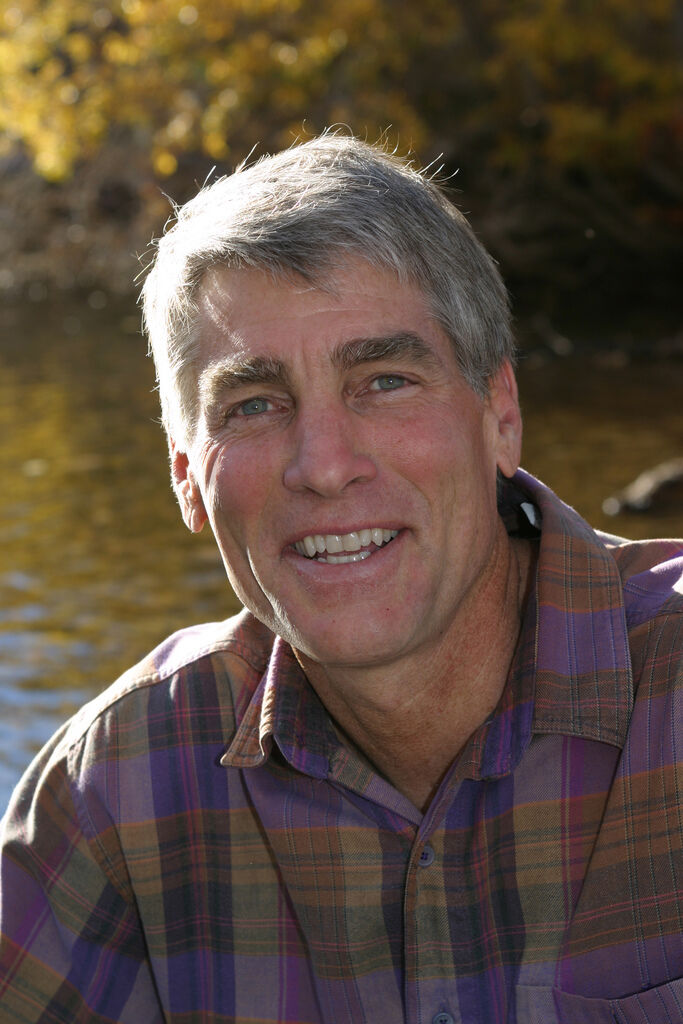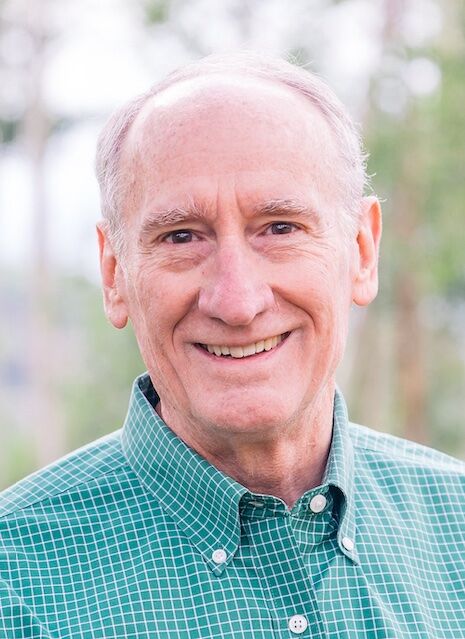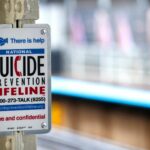Protect landowners while providing access to peaks | OPINION


With the reopening of iconic Colorado Fourteeners Mount Lincoln and Mount Democrat today many are breathing a sigh of relief, I for one am still holding my breath for a long term fix to the lingering liability issue. The two privately held mountains have been closed to public access since March because the landowner does not believe the protections under the Colorado Recreational Use Statute provide sufficient liability protection against known hazards such as old mining structures, trail damage, loose rock or changing weather conditions. This is understandable.
In 2019, after a decade-long process, the U.S. Federal Court of Appeals found the Air Force Academy liable for $7.3 million after a mountain biker hit and fell into a large sinkhole on an unofficial bike trail on their campus. Though I do not necessarily disagree with the Air Force Academy case’s outcome, it has generated new legal questions and uncertainty that I believe need to be addressed for clarity and fairness. The Air Force Academy was found to be “wilfully” negligent because they knew of the hazard and failed to warn or guard against it. Though perhaps appropriate in this case, it lowered the legal standard for liability to knowing of a hazard and failing to proactively warn users.
This lower liability standard sparked fear and questions from landowners, their attorneys, and insurance companies who in an effort to protect themselves from lawsuits have begun closing access to their lands. Simply knowing of a hazard is too low a standard and too high a bar for landowners, many of whom do not create or maintain the trails used on their property. There needs to be some landowner mal intent for liability to exist as there are countless known hazards on private land and signage is frequently vandalized or damaged.
The effort to proactively address the liability issue failed this spring when all of my fellow Democrats on the Senate Judiciary committee voted against reform, siding with the bill’s sole opponent, the Colorado Trial Lawyers Association. Since this legislative failure, recreational access has been restricted – including the closure of popular Fourteeners Mount Lincoln and Mount Democrat. Thankfully a broad coalition has formed to take another run at the policy in 2024. The Fix CRUS Coalition has more than 35 members including leading recreation non-profits The Access Fund, Colorado Fourteeners Initiative, and Colorado Mountain Club, conservation non-profits Trust for Public Lands, The Nature Conservancy, and Keep It Colorado, for-profit companies, local governments, and landowners. As a lifelong climber myself, I’m supporting their work to reopen access for outdoor recreation across Colorado. We need a common sense solution to this fundamental problem. The Colorado Recreational Use Statute is not working as intended, it must be amended to once again encourage free outdoor recreation access for the public.
Stay up to speed: Sign-up for daily opinion in your inbox Monday-Friday
The Fourteeners in question, Mount Lincoln and Mount Democrat, will once again be open to the public for hiking but users must now download and sign a liability waiver. Though commendable for restoring short-term access, a waiver system is unsustainable in the long run. Requiring people to fill out paperwork to hike or climb on their own is unwieldy and impractical in many remote areas. Over the years I’ve climbed each of the 58 Colorado Fourteeners and know the power and majesty of an alpine summit. I do not want liability waivers to form a barrier to adventure or become the new norm for hiking, camping and climbing in the mountains.
Restricted access to lands and waters for recreation, due to liability concerns, puts our outdoor culture and economy at risk. Outdoor enthusiasts lose out on memorable experiences, while communities lose the economic benefits brought by tourists. Traditionally, Mount Lincoln and Mount Democrat are hiked by between 20,000 and 30,000 folks each year; these climbers collectively bring more than $5 million to the local economy. I am glad the liability waiver system is in place to help Alma and Fairplay’s tourism economy, but worry about other areas like Mount Lindsey, another Colorado Fourteener that remains closed to the public. Liability waivers are not a long-term solution.
The statutory changes we need must strike a balance between safeguarding landowners who act in good faith, and ensuring the safety of recreational users. The goal should be to establish a clear and fair standard of liability higher than simple knowledge of a hazard like loose rock or changing trail conditions. For many years I worked collaboratively with the Colorado Trial Lawyers Association; I totally support their mission to protect and defend consumers. Therefore, I have to believe there is a compromise solution that protects landowners and provides access to our iconic peaks. Coloradans deserve that compromise. I urge my fellow Democrats to come to the negotiation table and fix this liability issue in the 2024 legislative session. I also urge my fellow adventurers to contact their legislators and implore them to support a common sense fix to the Colorado recreational use statute that protects public access.
Mark Udall served in the U.S. Senate from 2009 to 2015. He has climbed, backcountry skied and whitewater kayaked all over Colorado for 50 years. He is currently working on climbing all 200 of the highest peaks in Colorado and is a strong believer in both private property and public access for outdoor recreation.










